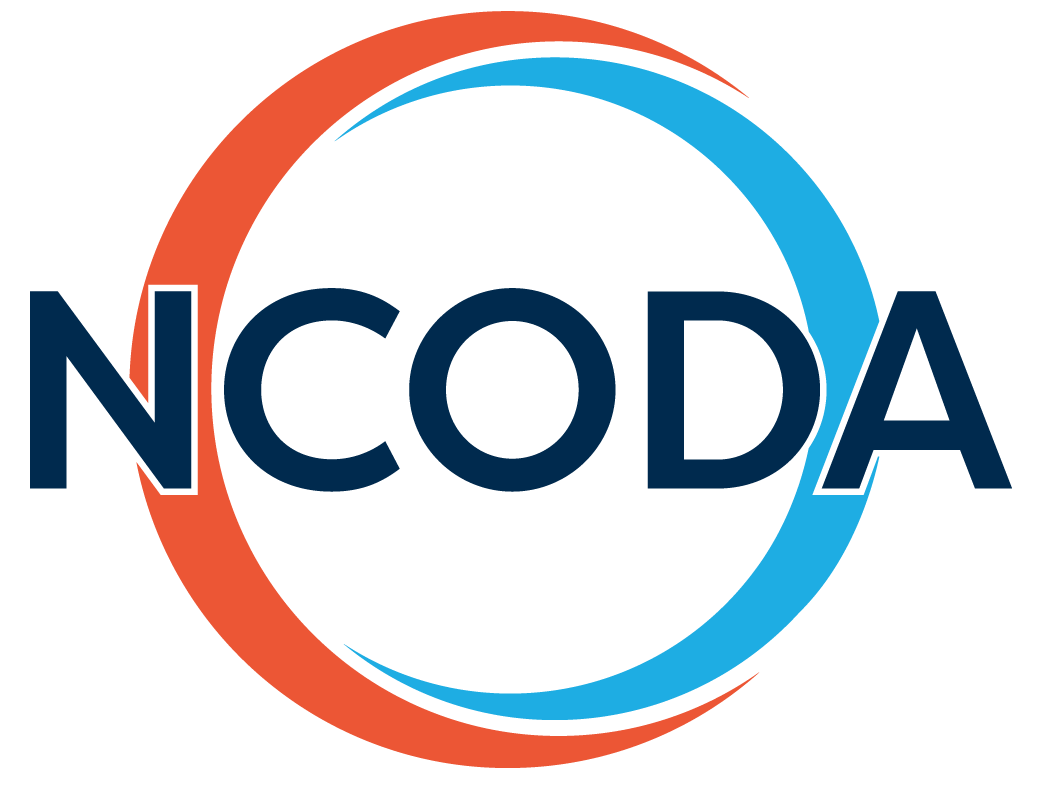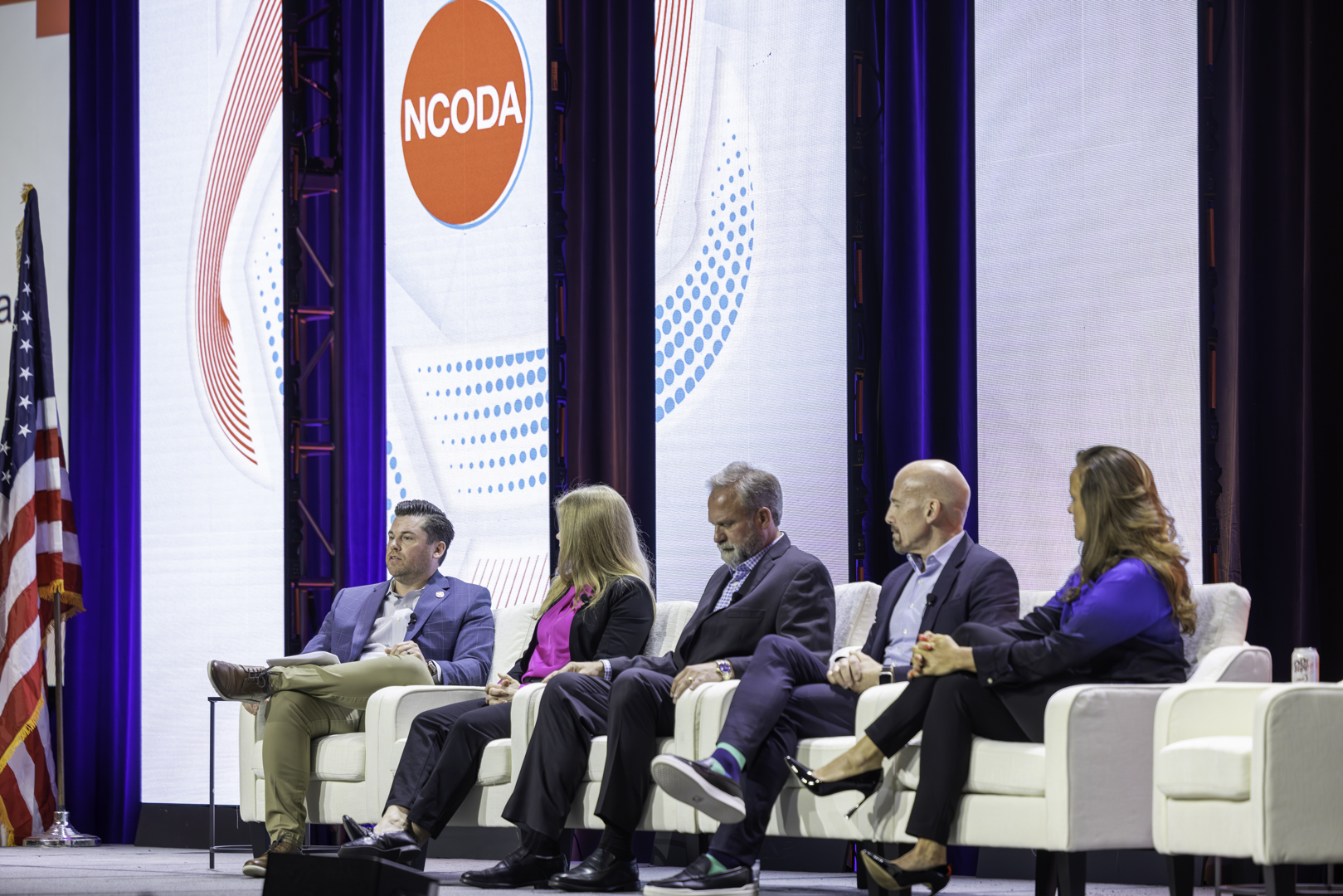2026 International Spring Forum
April 15, 2026 | 12:00 PM EST
NCODA Announces “Oncology Optimized Limited Distribution” to Bring Clarity and Enhance Patient-Centered Cancer Care Delivery
Published Date: May 14, 2025
Share

Cazenovia, New York, May 14, 2025 – During the recent NCODA International Spring Forum, the organization announced the formal definition of Oncology Optimized Limited Distribution (OOLD) to bring clarity to the broadly used term “limited distribution networks “(LDNs), within the oncology ecosystem. This effort supports the improved delivery of oral oncolytics and enhances patient outcomes by promoting medically integrated pharmacy models whenever possible.
NCODA’s organizational focus is on medically integrated oncology and leading education and patient-centered resource development for all members of the care team. The introduction of the OOLD definition aligns with NCODA’s Mission and addresses longstanding challenges in understanding which medication delivery models are most optimal for cancer patients.
The OOLD definition further empowers medically integrated practices to manage the full spectrum of medication dispensing — from initial prescription to ongoing patient support. This approach strengthens NCODA’s Medically Integrated Pharmacy (MIP) pillars, including abandonment, adherence, access and affordability, time to fill, education, patient satisfaction, and cost avoidance.
“The Oncology Optimized Limited Distribution definition is important as is brings clarity and understanding to oncology stakeholders on what medications are truly setup for patient-centered delivery,” said Jonas Congelli, RPh, Associate Executive Director at NCODA. “For too long, ‘limited distribution’ has been a broad term that often overlooked the unique needs of oncology patients.”
NCODA’s OOLD definition represents a collaborative effort to redefine how distribution of medications is communicated within oncology pharmacy practices. To build this refined definition, NCODA engaged in extensive discussions with stakeholders across the oncology landscape — including community and academic practices and pharmaceutical manufacturers. Through these collaborative conversations, NCODA identified the key elements needed to create a definition that accurately reflects the unique complexities of oral oncology medication access and keeps patients at the center of care decisions.
“NCODA’s work to engage every corner of the oncology ecosystem ensures that OOLD is not only meaningful but actionable in improving the care experience for patients,” said Sam Abdelghany, PharmD, MHA, BCOP with Smilow Cancer Hospital at Yale New Haven Health. “By establishing a clear and patient-centered definition, NCODA is setting a new standard for transparency and collaboration in oncology drug distribution.”
To further support oncology providers, NCODA has developed and released a unique resource that allows practices to quickly identify medications that are OOLD, closed distribution, PBM-influenced limited distribution, or open distribution. This searchable table can be filtered by medication name, disease, and manufacturer, providing easy access to critical distribution information and empowering practices to better serve their patients.
“With the development of this resource page and tool, NCODA will lead the way in ongoing conversations with manufacturers and providers that focus on collaborative efforts to increase success across the oncology landscape,” added Jonas. “Our top priority is patients, and we believe we can work together to make a real difference in care.”
NCODA members and oncology practices have long understood limited distribution but voiced a need for further refinement to help ensure more accurate identification and smoother operational workflows.
“We know OOLD streamlines our operations and significantly reduces the time it takes for patients to receive their medications,” noted Kyle Kitchen, PharmD with Utah Cancer Specialists. “As a provider, I can’t stress enough how important this is to the increase of positive patient outcomes and the continuity of care.
For more information about the Oncology Optimized Limited Distribution program, please visit www.ncoda.org/oncology-optimized-limited-distribution.
About NCODA
NCODA (Network for Collaborative Oncology Development & Advancement) is the leading medically integrated oncology non-profit organization dedicated to empowering cancer care professionals to deliver positive, patient-centered outcomes through leadership, expertise, quality standards, and best practices. NCODA believes that the coordination of care facilitated through a medically integrated approach enhances quality by engaging all stakeholders on the care team, reduces the opportunity for waste and errors, and avoids needless costs to patients. NCODA offers education and resources to oncology professionals and industry partners through the development of quality standards, best practices, and advocacy. Founded in 2015, NCODA has helped over 3,000 medically integrated sites of care and over 12,500 professionals across the world, in delivering better, personalized oncology care. Our team is a group of committed, patient-centered community builders who connect medical providers with the vital information and resources they need to transform the outcomes of those fighting cancer. For more information, visit www.ncoda.org or follow us on LinkedIn.
Media Contact:
Katie Edmiston
(813) 843-1629
Katie.Edmiston@ncoda.org






